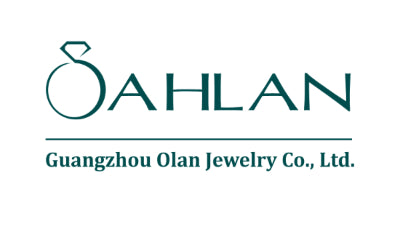Ring Metal Comparison
When choosing the ideal metal for your wedding ring, it really depends on what quality you are looking for in that metal. Most people want a durable metal that is not easily scratched or looks hard to wear, such as tungsten or ceramic rings. Some people prefer higher-priced metals such as silver or gold. No matter the situation, we can help you make a choice. The biggest advantages and disadvantages of each metal are listed below. If you have other questions, please feel free to contact us.
|
Metal Type |
Scratch Resistance |
Affordability |
Metal Purity |
Hypoallergenic Level |
Density (Weight) |
|
Tungsten |
★★★★★ |
★★★★★ |
★★★★ |
★★★★ |
★★★★★ |
|
Stainless Steel |
★★★★★ |
★★★★★ |
★★★★ |
★★★★★ |
★★★ |
|
Titanium |
★★★★ |
★★★★★ |
★★★★ |
★★★★ |
★ |
|
Ceramic |
★★★★★ |
★★★★★ |
★★★★★ |
★★★★★ |
★★ |
|
Gold |
★ |
★★ |
★★ |
★★ |
★★★ |
|
Silver |
★★ |
★★★★ |
★★★★★ |
★★★★ |
★★★ |
Pros and Cons of Ring Metals:
Tungsten
Pros: The most scratch-resistant metal at a very affordable price. It is very easy to remove in medical emergencies without cutting or sawing, and is hypoallergenic.
Cons: Because of its hardness, it is not as white as platinum, it will not bend, and it will break if enough force is applied.
Click here to know more about Tungsten Rings Buyer’s Guide.
Titanium
Pros: High precious metal content, almost as white as platinum, more affordable than platinum or gold rings, better scratch resistance than platinum, silver and gold, and hypoallergenic.
Cons: White is not as good as platinum, and it is more difficult to cast than gold and platinum.
Click here to know more about Titanium Rings Buyer’s Guide.
925 Sterling Silver
Pros: The cheapest precious metal, very white and hypoallergenic.
Cons: loss of gloss, but can be cleaned at home, only more scratch resistant than gold.
Click here to know more about Sterling Silver Rings Buyer’s Guide.
